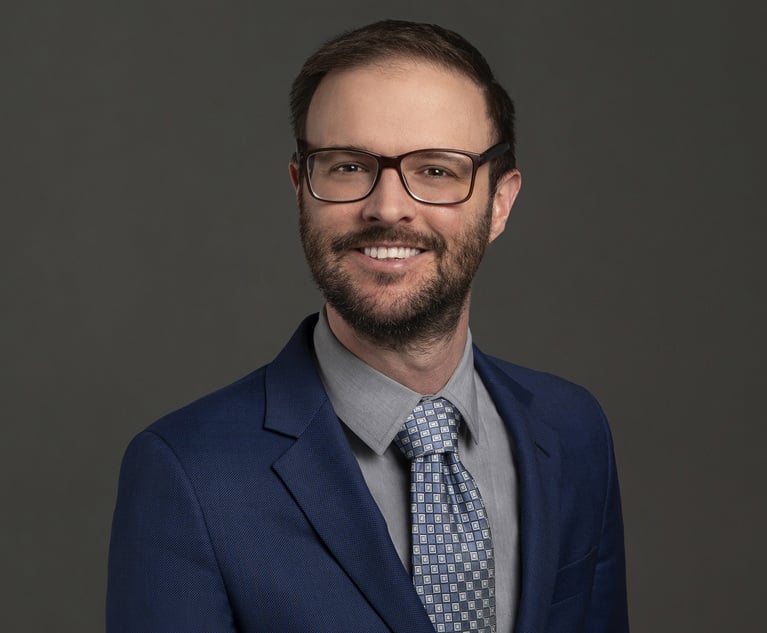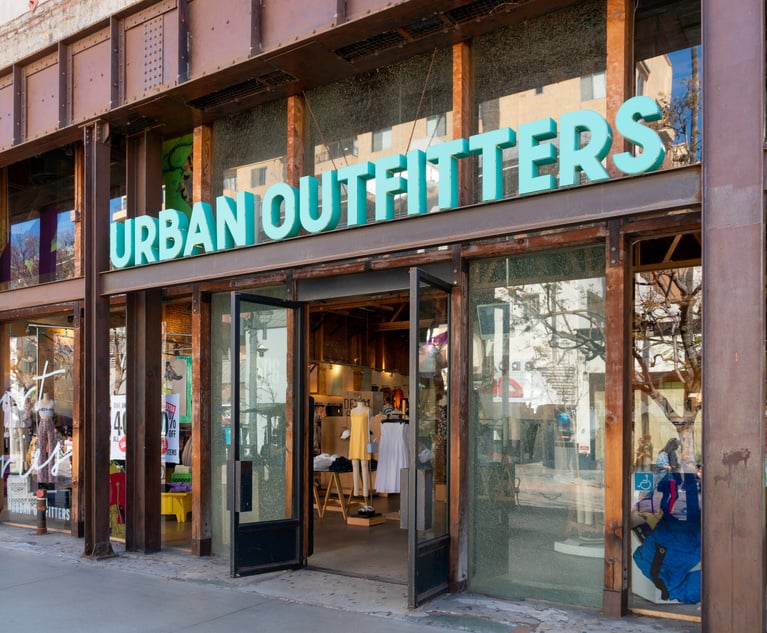On Oct. 5, 2017, I received a call from a father whose son, R.J., I represented in a school case. R.J. had a learning disability. His family lived on a fixed income and lacked the resources that more affluent families have to invest in early education. As a result, by the time R.J. started kindergarten, he was behind academically, socially and emotionally. His neighborhood school had failed him. By the time I met R.J., he was in high school. He was years behind and starting to disengage from instruction. We obtained a settlement that would allow him to attend private school for the rest of his high school career. I hoped that with intensive intervention, he would close his education gap, even if he would still remain unprepared for post-secondary school or gainful employment. I hoped. But when I answered the phone on Oct. 5, 2017, I could tell something was wrong. With his voice breaking, his father told me that R.J. had been killed by a stray bullet.
I have received too many calls from families sharing similar tragic news about the children I represent—children from distressed neighborhoods where crime, violence and poverty live dangerously alongside one another and opportunities to live the good life are curtailed.


 David J. Berney, Berney and Sang
David J. Berney, Berney and Sang




